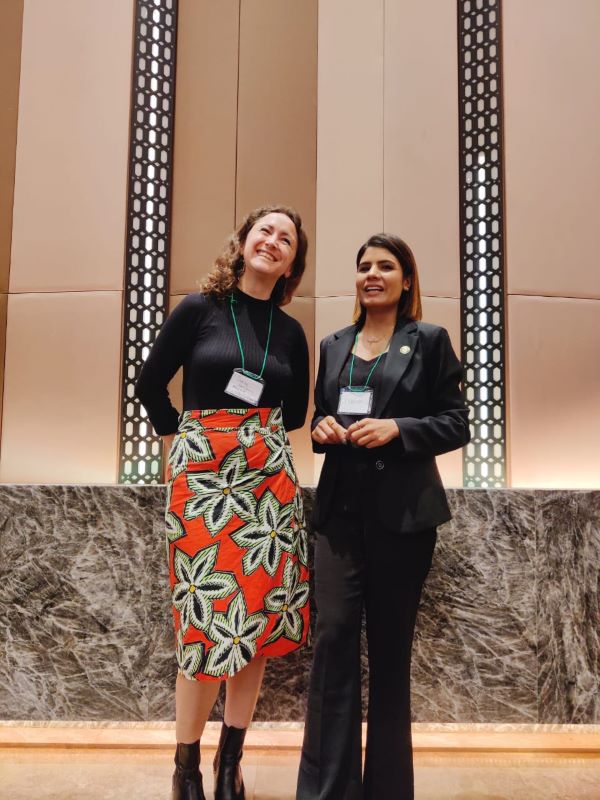Refugee claims, in contrast to other areas of law, rely almost entirely on the claimant’s testimony. “Decision-makers are very often left to decide whether the claimant is telling the truth based simply on their impressions of the story that the claimant tells and the way that the claimant tells it.”
Our Therapeutic Legal Assistance Model’s Resource of the Week examines the use of, or lack thereof, psychological evidence in decision-making within the context of asylum claims. When it comes to psychological evidence, this article explains that decision-makers often rely on common-sense assumptions about human cognition, which in turn, are not necessarily in line with established scientific research. This paper points to several primary and secondary studies which may provide better guidance for decision-makers’ credibility judgements.
This study offers a compassionate, claimant-centric, and evidence-based approach to decision-making in asylum claims, and suggests innovative tools for psychological evidence which would enable decision makers to take into account crucial psychological factors when making decisions on an individual’s asylum claim.




